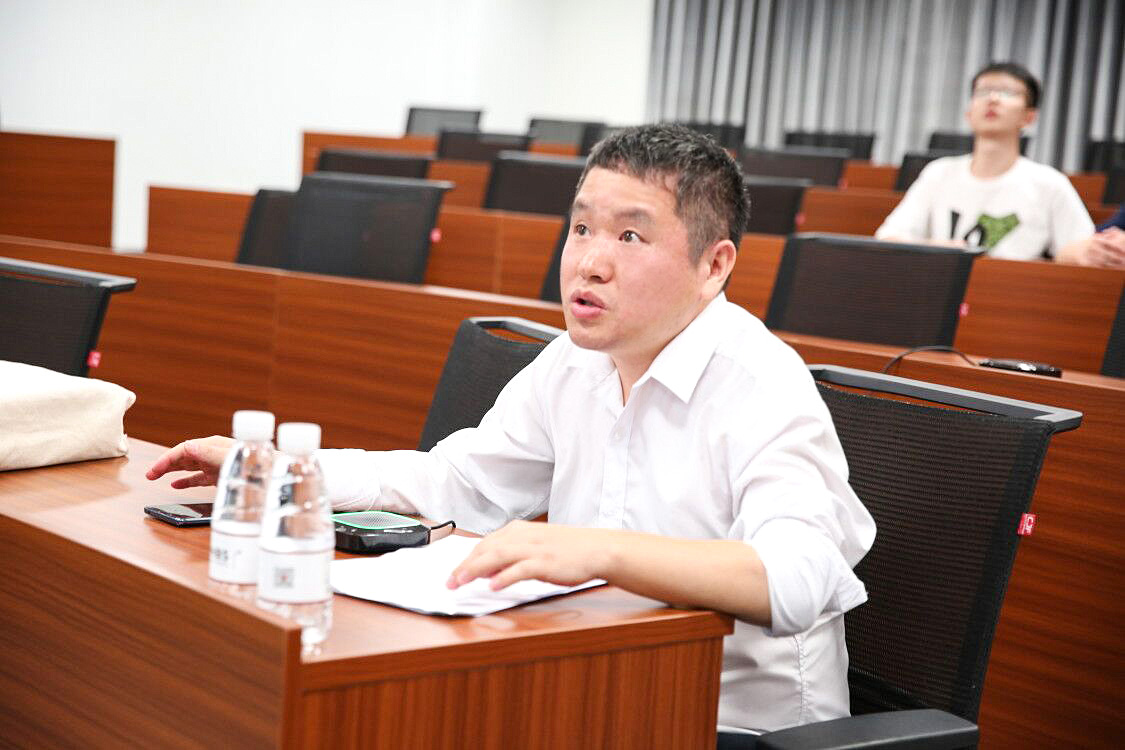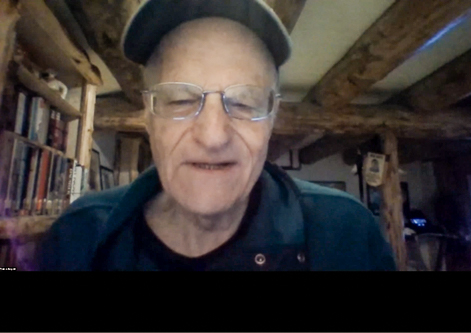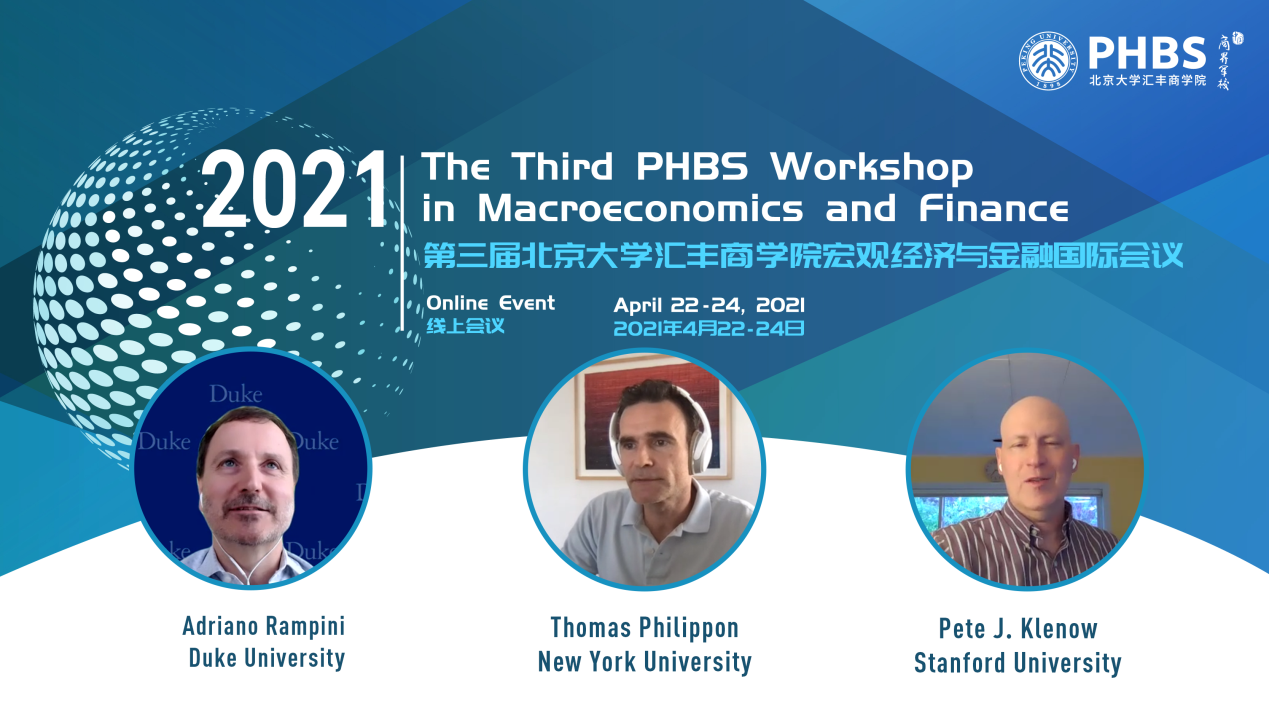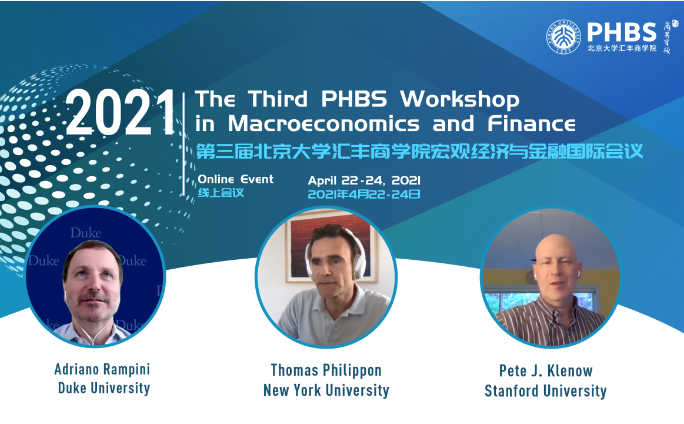Peking University HSBC Business School (PHBS) recently held the 3rd International Workshop on Macroeconomics and Finance. More than 200 scholars attended the online workshop to discuss cutting-edge issues such as capital mismatches, asset pricing, and risk premiums, with renowned scholars from top universities at home and abroad, including Stanford University, University of Pennsylvania, Duke University, New York University, University of Connecticut, University of North Carolina (Chapel Hill), London School of Economics, Carnegie Mellon University, University of Texas at Dallas, Indiana University, University of Minnesota, Peking University, Tsinghua University and Shanghai Jiaotong University.
Scholars attend the workshop online
The event aims to promote academic exchanges between domestic and overseas macroeconomics and financial research institutions and enhance the understanding of China's macroeconomic and financial issues. A total of 12 papers were presented at this year’s three-day workshop.
PHBS Associate Dean Wang Pengfei gives welcome speech
Professor Thomas J. Sargent delivers the opening remarks
Professor Thomas J. Sargent, 2011 Nobel laureate in economics and the director of the Peking University HSBC Sargent Institute of Quantitative Economics and Finance, gave the opening remarks. He pointed out that the workshop reminded him of two questions: Why are there periodic economic crises? What kind of economic system is more effective? He said that the responses to the two questions constituted the basic part of modern economics. John Maynard Keynes, Paul Samuelson, and other economists introduced macroeconomics into economics, which could allow the government to adopt policies to keep the economy close to full employment and alleviate the impact of the economic cycle. And the theorem of welfare economics mathematically proves the equivalence of market economy and planned economy at a certain level. He hopes that the younger generation of researchers can use more advanced tools to study economic issues and make breakthroughs.
Keynote Speakers
In the keynote speech, Professor Adriano Rampini of Duke University introduced the paper “Constrained-Efficient Capital Reallocation”, co-authored with Dr. Andrea Lanteri. He held that financial frictions, such as collateral constraints, would distort the level of aggregate investment and capital allocation among enterprises, and subsidies on new capital could help increase the supply of old capital in the future, therefore reducing the price of old capital and optimizing resource allocation.
Professor Thomas Philippon from New York University presented the paper “Let the Worst One Fail: A Credible Solution to the Too-Big-To-Fail Conundrum”, co-authored with Professor Oliver Wang. He incorporated the tournament mechanism into the design of government bailouts during the economic crisis, and linked the distribution of government bailouts to the performance of banks, effectively alleviating the problem of "too-big- to -fail".
Professor Pete J. Klenow from Stanford University talked about his paper "A Theory of Falling Growth and Rising Rents”. He elaborated the innovation-driven growth model based on the inherent heterogeneity of enterprises from various aspects, including the endogenous growth theory of heterogeneous companies, boundary expansion of high-efficiency companies, innovation and long-term growth. They find that the rise in market share of more efficient firms outweighs the drop in long-run growth, leaving welfare modestly enhanced by the fall in overhead costs.
By Annie Jin


















